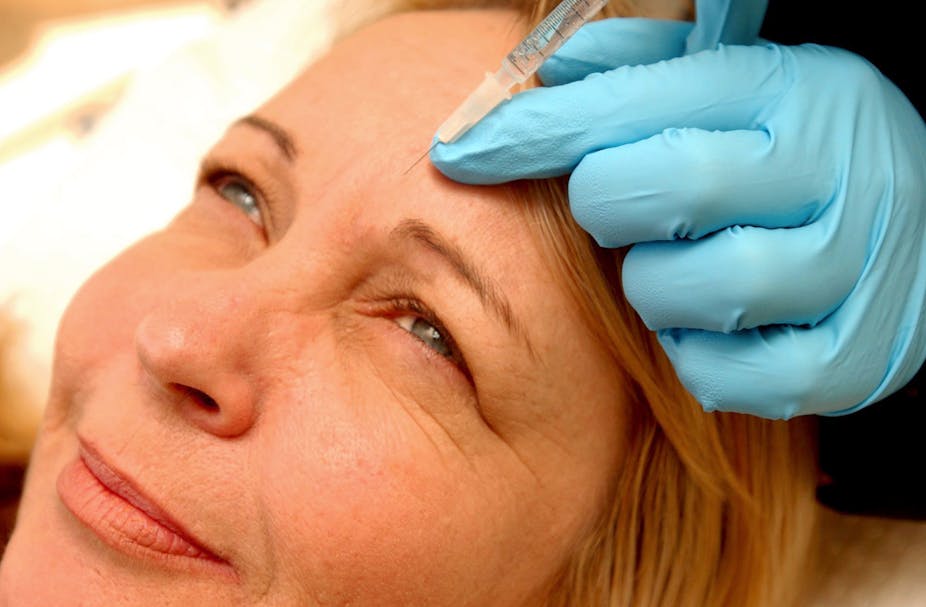The quest for physical beauty holds powerful sway, driving us to spend billions annually on a dizzying array of cosmetic procedures to improve on the hand that nature dealt us. But could it affect our ability to empathise?
Botox injections are the most popular non-surgical procedure, with millions of people banishing their wrinkles using this technique each year.
The botulinum toxin works by paralysing the tiny facial muscles that contract to create facial expressions – over time, these repeated expressions leave wrinkles in their wake, such as the “crows feet” around the eyes or the “worry lines” etched across your brow. Paralyse these muscles, and the wrinkles largely disappear.
It’s a brilliant innovation, but an increasing number of studies are finding that paralysing your facial muscles can yield some undesirable side-effects.
The general theory is that people need full, dynamic use of their facial muscles to make certain kinds of emotional decisions.
Imagine yourself reading a gut-wrenching passage from a novel. Your face becomes unconsciously engaged in an expression of anguish, and this outward expression actually helps to amplify your inner emotional feeling.
Paralyse the facial expression, and the inner emotion becomes somewhat dulled and harder for you to recognise. In support, one study from the University of Wisconsin found that Botox patients were significantly slower at understanding the emotional meaning of written passages than their non-Botoxed counterparts.
My own research, in collaboration with Tanya Chartrand at Duke University, has focused on whether Botox injections also diminish people’s ability to read other people’s facial expressions.
The theory works like this.
When we look at another person’s facial expression, we unconsciously mimic it using our own facial muscles. This “micro mimicry” is extremely subtle – it occurs in around 1/3rd of a second and is invisible to the naked eye.
Our brain then interprets our own facial muscles and uses this information to help decode the other person’s emotional state. In short, we read other people’s faces partly by mimicking them.
We looked at whether Botox injections disrupt this micro-mimicry process and thereby make people less able to read the emotions in other people’s faces.
To do this, we gave an emotional mind-reading test to a group of Botox patients and a matched control group of Restylane patients.
Restylane is a dermal filler used to treat facial wrinkles without paralysing muscles.
Sure enough, the Botox patients performed significantly worse (around 7%) than the Restylane patients. Without the ability to mimic, emotional mindreading becomes impaired.
Will research in this area alter the appetite for cosmetic procedures? It’s unlikely.
Other research shows that the beauty impulse is powerful and at least partly hard-wired. Even from a few days old, infants spend longer looking at attractive faces than less comely alternatives.
Beautiful faces also directly activate reward centres in the brain and we tend unconsciously to assume that attractive people possess other desirable traits, such as being smarter and more sociable.
So being a little less empathetic may be a small price to pay for getting a leg up in the beauty stakes.
Would you sacrifice empathy for beauty? Leave your thoughts below.

